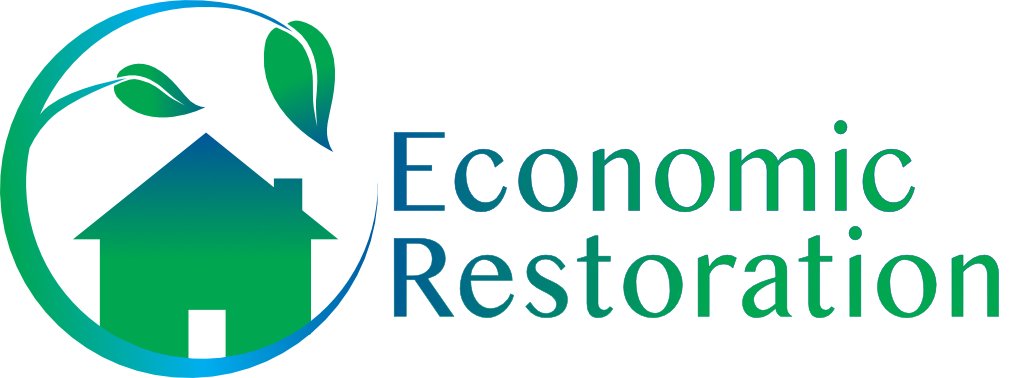CSUs graduate and faculty seminar for Fish, Wildlife, and Conservation Biology (open to the general public).
We study ecology, in part, to gain insights into conservation. However, the greatest application of this knowledge may be to gain insights into our economies; to forge a lasting balance between Earth’s ecological, social, and industrial systems. This is the subject of Ecosystems as Models for Restoring our Economies (to a sustainable state), by John Giordanengo. Integrating systems theory with practical experience, Giordanengo explores three components common to ecosystems and economies—diversity, energy, and trade. The relationships between these foundational components offer timely insights to modern conservation challenges. At times, audiences may shift uncomfortably in their chairs, contemplate a degree in economics (or ecology), or challenge their perceptions of capitalism. What are the root causes of productivity growth and decline? Is there an ecological explanation of the wealth gap? Do ecosystems harbor primeval trade rules? If so, how might industry leaders and government officials apply such knowledge to forge deep conservation and sustainability in this turbulent century? The greatest reason for change may be that times of great turbulence favor an evolved model, not one tailored to the past.
Location: CSU Fort Collins, Wagar Building, room 133
Format: Free and open to the public. In person. Limited capacity, so please arrive early.
Additional Information: https://warnercnr.colostate.edu/fwcb/graduate-student-seminars/
